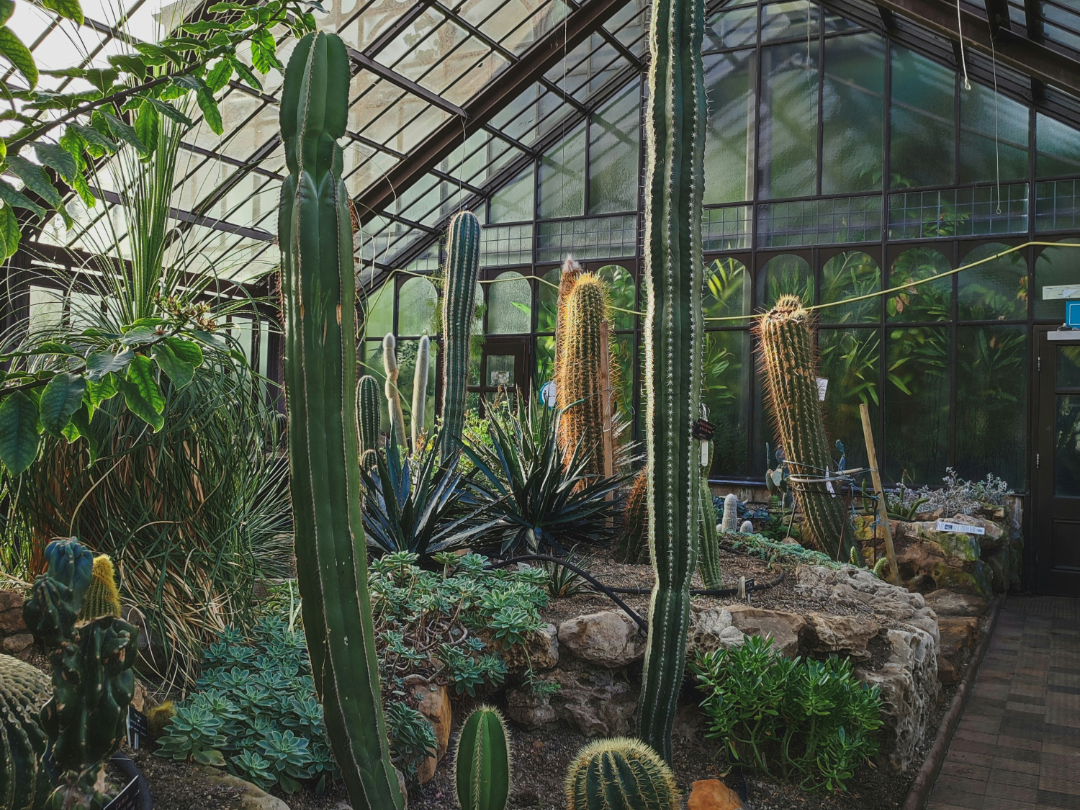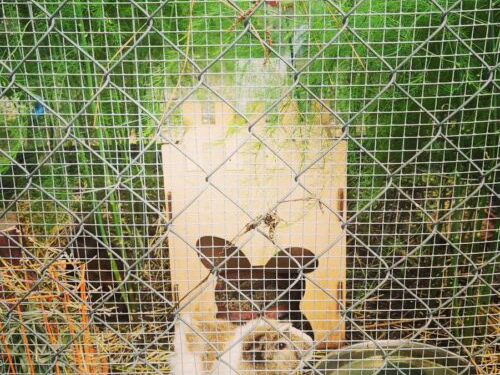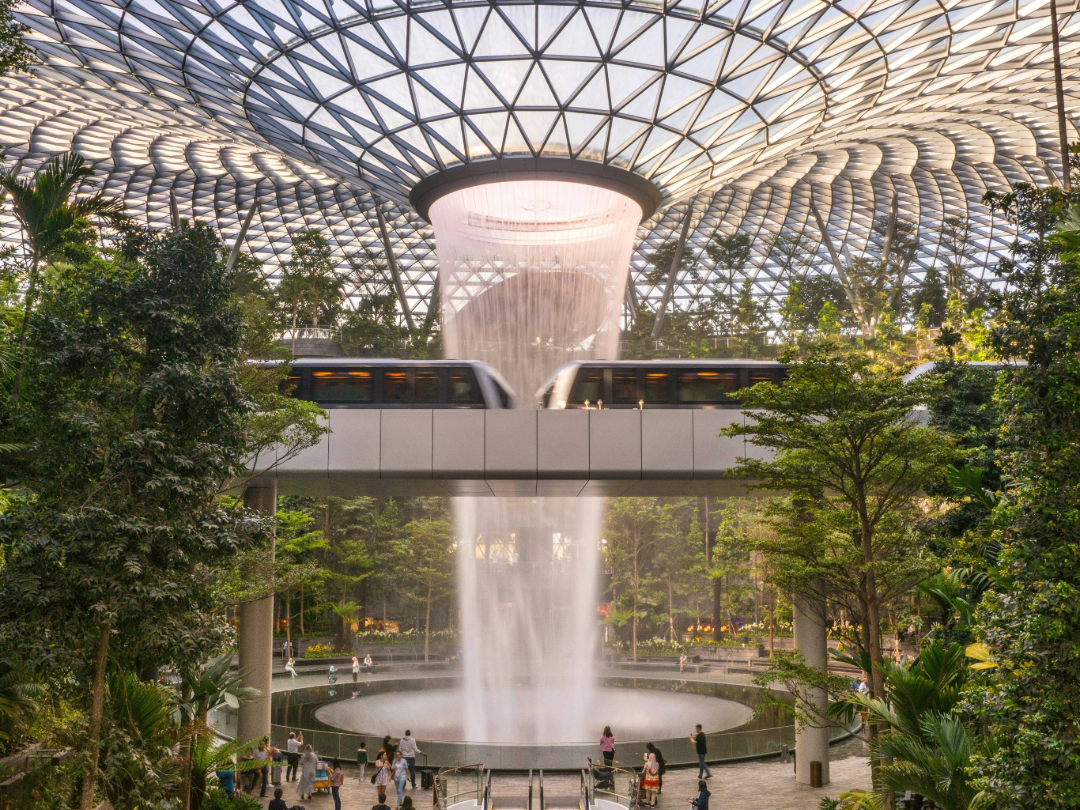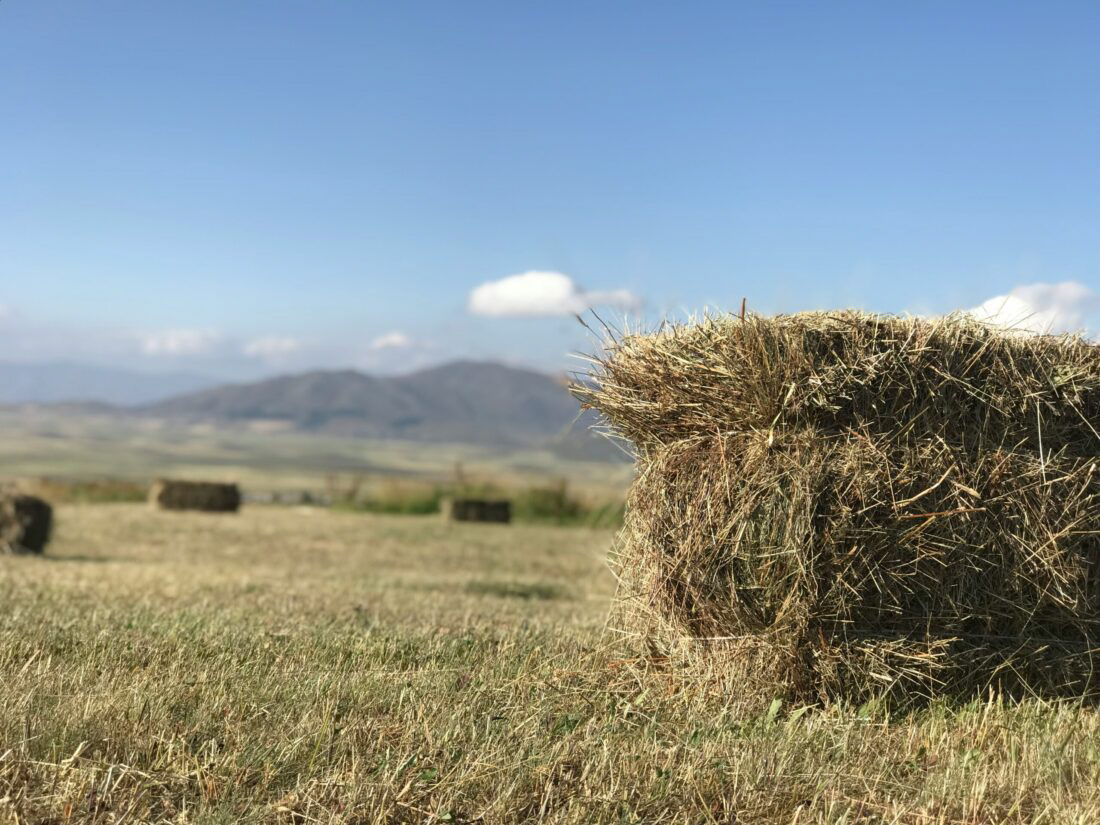Hydroponic gardens represent a cutting-edge and innovative approach to cultivating plants by providing nutrients directly to the roots without the use of traditional soil. In this soil-less system, plants are suspended in a nutrient-rich water solution, allowing them to flourish in a controlled and precisely optimized environment. Hydroponic gardening not only challenges conventional notions of plant cultivation but also offers numerous advantages, making it a popular choice for modern, space-conscious, and efficiency-seeking gardeners.
Streamlining Growth
One of the primary benefits of hydroponic gardening is the efficient use of resources. By directly delivering essential nutrients to plant roots, hydroponic systems eliminate the need for soil, which can be resource-intensive and prone to pests and diseases. The controlled nutrient solution ensures that plants receive the precise elements they need for optimal growth, resulting in faster development and potentially higher yields compared to traditional soil-based methods.
Space-Saving Solutions
Hydroponic gardening is particularly well-suited for urban environments and areas with limited arable land. Vertical hydroponic systems, for example, allow for the cultivation of crops in stacked layers, maximizing space utilization. This space efficiency, combined with the ability to grow crops indoors, enables year-round production, independent of external weather conditions.
Innovative Cultivation
The adaptability of hydroponic systems extends to various growing methods, including nutrient film technique (NFT), deep water culture (DWC), aeroponics, and more. Each method offers unique advantages, such as increased oxygenation for plant roots or precise control over nutrient delivery. As a result, hydroponic gardening allows for experimentation and customization based on the specific needs of different plant species.
Closed-Loop Gardening
Hydroponic gardening is not just about efficiency; it also promotes sustainability. The closed-loop systems used in hydroponics minimize water usage compared to traditional soil farming, making it an environmentally conscious choice. Additionally, the absence of soil reduces the risk of soil-borne diseases, decreasing the need for pesticides and other chemical interventions.
From Tech to Table
While hydroponic gardening may seem high-tech, it is becoming more accessible to home gardeners with the availability of user-friendly kits and systems. Whether you’re cultivating herbs, vegetables, or even flowers, hydroponic gardening offers a fascinating and efficient alternative that transcends the boundaries of traditional agriculture, paving the way for a more sustainable and technologically advanced future of plant cultivation.
Follow along on Facebook!









